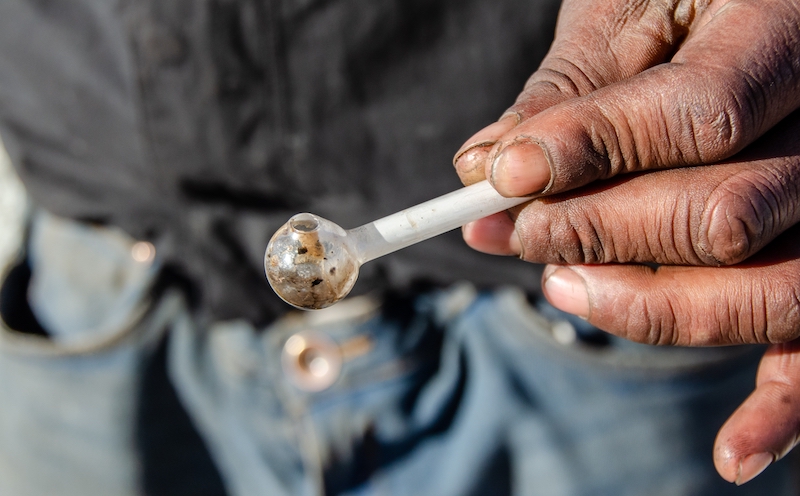Self-guided, free online program offers videos, resources and 24/7 support to help adults battling substance abuse
By Jason Langendorf
December 3, 2020As the treatment community continues to search for more and better ways to connect people battling substance use problems with practical resources, one state is trying something a bit unconventional: self-help.
In November, New Mexico’s Human Services Department announced its launch of the 5-Actions Program: a suite of online videos and other digital resources designed to help adults 18 years and older address substance use and addiction in their lives. The program is offered in partnership with support from the New Mexico Crisis and Access Line.
New Mexico has the highest alcohol-associated death rate in the nation.
“The 5-Actions Program offers an important, scientifically based resource to all New Mexicans looking for an immediately available resource to help them evaluate and, if they so choose, to take action that can alter a pattern of substance use creating problems for them or their families,” says Neal A. Bowen, Ph.D., director of New Mexico’s Behavioral Health Services Division. “It also offers the potential of supplementing the efforts of therapists, emergency departments and peers to accompany people undertaking the challenging path of change.”
The 5-Actions Program offers an important, scientifically based resource to all New Mexicans looking for an immediately available resource to help them…alter a pattern of substance use creating problems for them or their families.”—Neal A. Bowen, Ph.D., director of New Mexico’s Behavioral Health Services Division
The program includes more than 100 videos, as well as assessment tools, family support and COVID-specific resources to, as Bowen says, “address challenges associated with alcohol, other drugs and behavioral addictions, including gambling, sex, technology and food.” Developed by behavioral health counselor John Fitzgerald, Ph.D., and matched with the New Mexico Crisis and Access Line (which offers 24/7 mental health and substance support) and the Peer2Peer Warm Line (connecting callers with relatable peers), the 5-Actions Program is designed to provide New Mexico residents with free learning resources and continuous support.
“We absolutely wanted to connect it with human support, with the human touch,” Fitzgerald says of the program. “Because the way we navigate life is through relationships—that’s how we’re wired.”
It’s important to note that the 5-Actions Program is not advertised or recommended as a replacement for substance use treatment. The online resources, Fitzgerald says, are meant to be educational and motivational—a starting point for people with addiction and substance problems who want to improve their lives, but not a substitute for professional care.
Stigma, cost and a lack of access are just a few of the barriers to treatment, and Fitzgerald includes unpleasant or painful past experiences in addiction care as a reason someone suffering from substance use issues might avoid or opt not to receive treatment.”
“There’s some important safety information that you want to talk to your primary-care doctor about before you use the program,” Fitzgerald says, “particularly if you’re drinking, where we know that withdrawal from alcohol can be pretty serious, as well as some other things.
“When you think about traditional types of care, we talk about levels of care—detox, residential, intensive outpatient, outpatient. What I’ve tried to create is something to add a chunk to that. It’s not a particular level of care, but it’s a new innovation that can supplement those levels of care.”
Citing the National Survey on Drug Use and Health, Fitzgerald says roughly 90% of people who perceive that they have a substance use problem do not currently seek treatment. (In 2019, the survey found that among people 12 or older who needed substance use treatment, only 12.2% received it.) Stigma, cost and a lack of access are just a few of the barriers to treatment, and Fitzgerald includes unpleasant or painful past experiences in addiction care as a reason someone suffering from substance use issues might avoid or opt not to receive treatment.
Fitzgerald says the 5-Actions Program—which he describes as “self-guided learning”—can be a first-touchpoint that helps drop some of those existing barriers to treatment. He says he hopes to engage other states in implementing similar addiction-resource programs.
“It’s very scalable, and it’s a solution net,” Fitzgerald says. “I like the unit being the state, because when the state pays for it, everybody all the way through—all the social service agencies, all the prescribers, doctors, everybody—can use it.”













